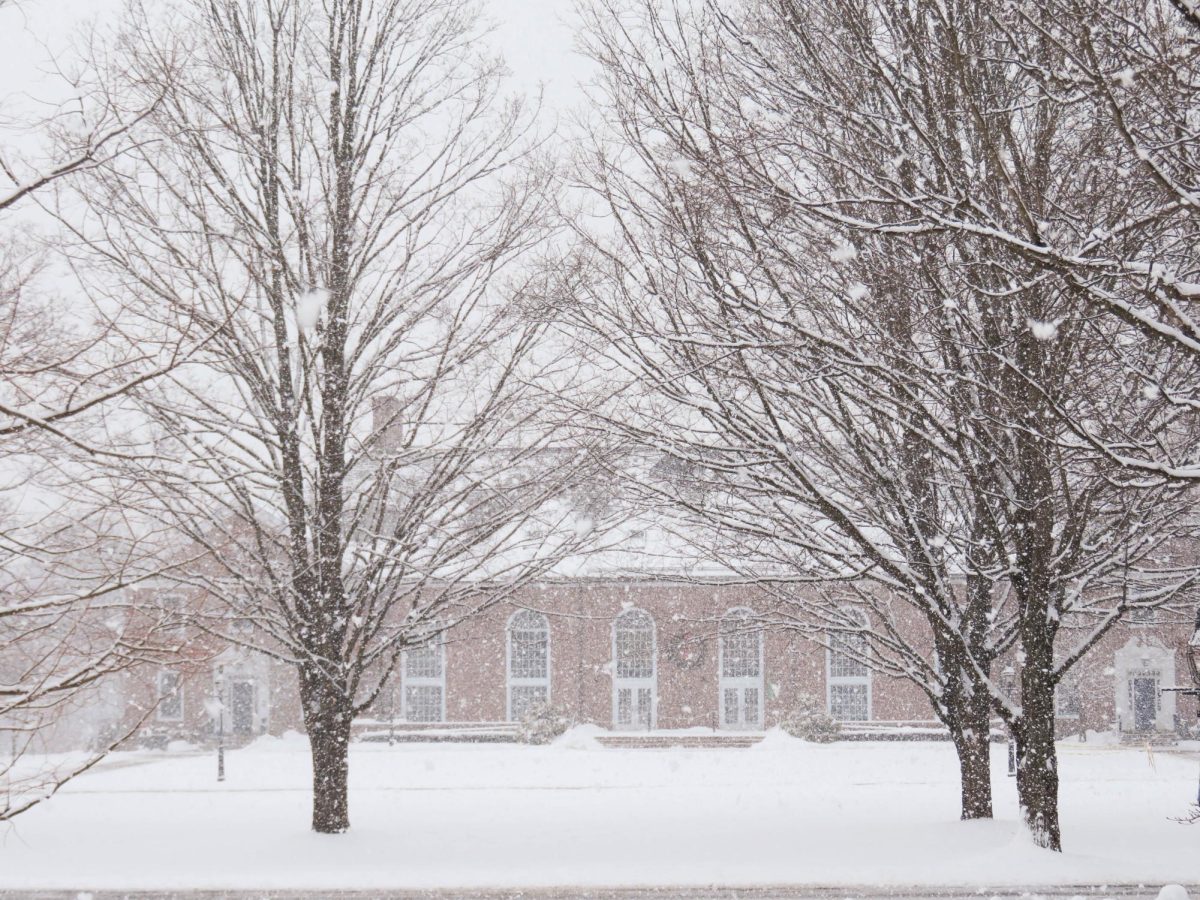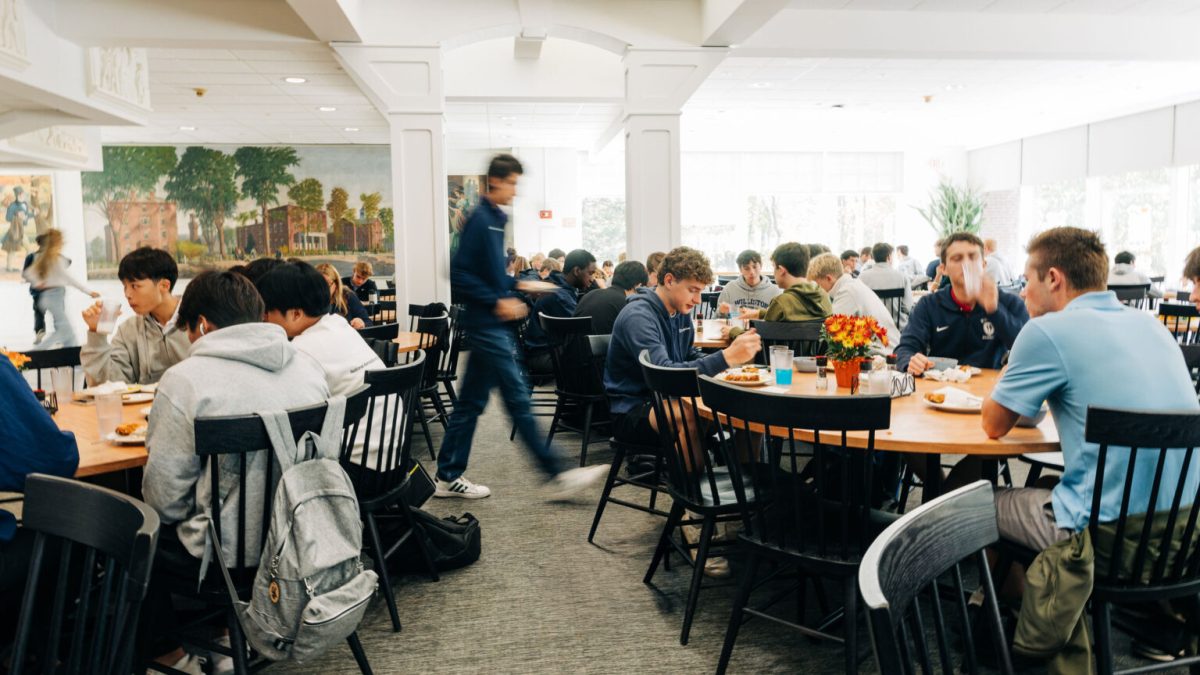Although we started the year off with a large storm, and got another one yesterday (Jan. 16), we may not be seeing much snow in upcoming winters.
Snowfall in the New England region has steadily decreased over the last few decades and is projected to decrease further over time, according to The New York Times. This can be traced back to climate change and the subsequent increase in the average winter temperature. While the last snowfall resulted in over a foot of snow, we likely won’t be seeing such massive snowfalls in the next decade.
The Northeast has historically experienced adequate amounts of snow, at an average of 75.1 inches each year. Large storms have been frequent, bringing heavy snowfalls and icy rains. However, the region has faced a significant decline in snow over the last 40 years, with some regions losing up to 40% of spring snow, according to The Boston Globe.
In addition, the average winter temperature has increased by nearly seven degrees Fahrenheit in some areas, which include notorious ski towns in the Northeast, such as Concord, New Hampshire, and Vermont, as seen in a study by the National Oceanic and Atmospheric Administration (NOAA.)
Justin Mankin, an Associate Professor at Dartmouth, stated that climate change caused by humans has severely affected snowfalls in the Northeast.
“Snow loss accelerates rapidly,” Mankin said in an interview with The Boston Globe. “The damage is done,” he said. “We live in a world where global warming has already occurred, and it has impacted things we care about.”
Williston Science teacher Bill Berghoff says it’s clear that climate change is evident.
“There definitely seems to be less snow each winter, certainly in the Pioneer Valley, as well as less very cold days,” he said. “The climate is changing by measurable amounts – the data supports this – and our weather patterns are changing as a result.”
He also mentioned that we should “work on making adjustments so that the change trends do not continue.”
These adjustments, he explained, include “global progress to renewable energy and reducing greenhouse gasses will go a long way in this regard, and continued investment in research to this end. The scientists and researchers of today and tomorrow will make amazing breakthroughs as long as it is a priority in terms of funding and brain power.”
Frequent Snowstorms May Be a Thing of the Past
0
More to Discover
About the Contributor
Sangwon Choi ’27, Staff Writer/Editor





















